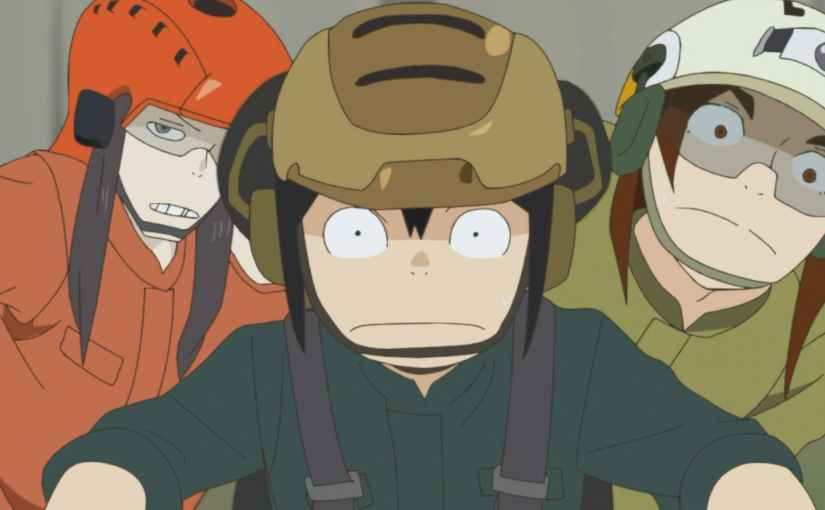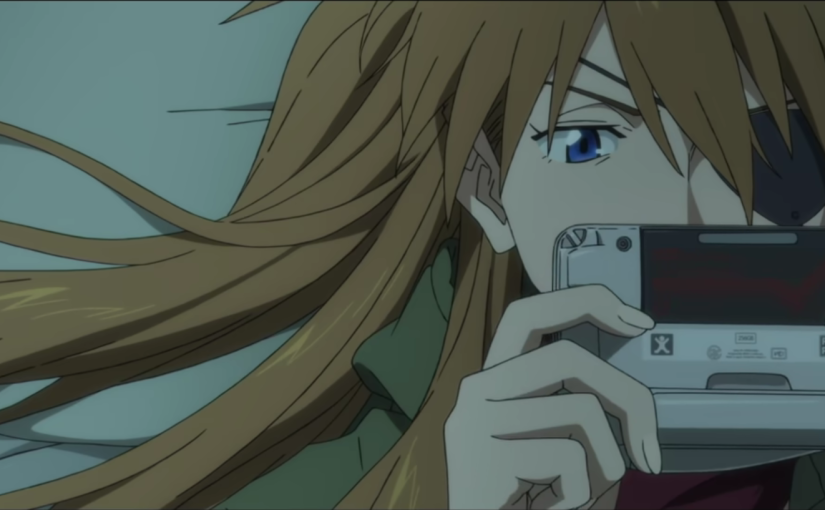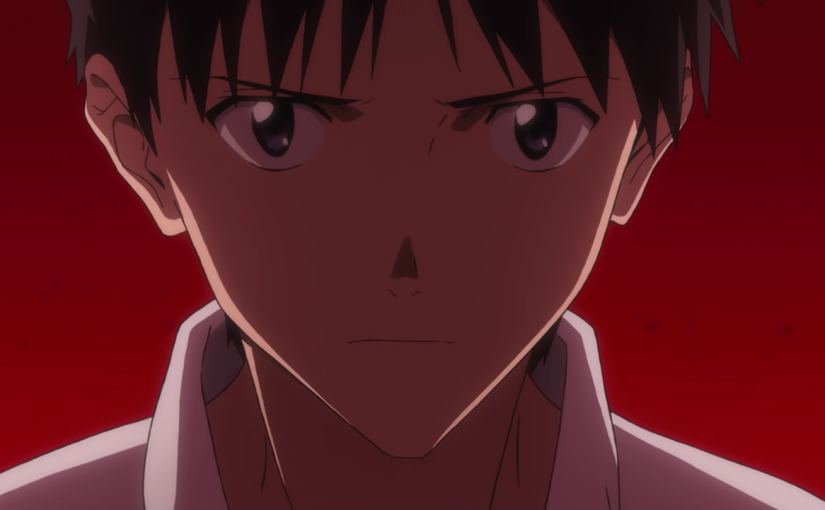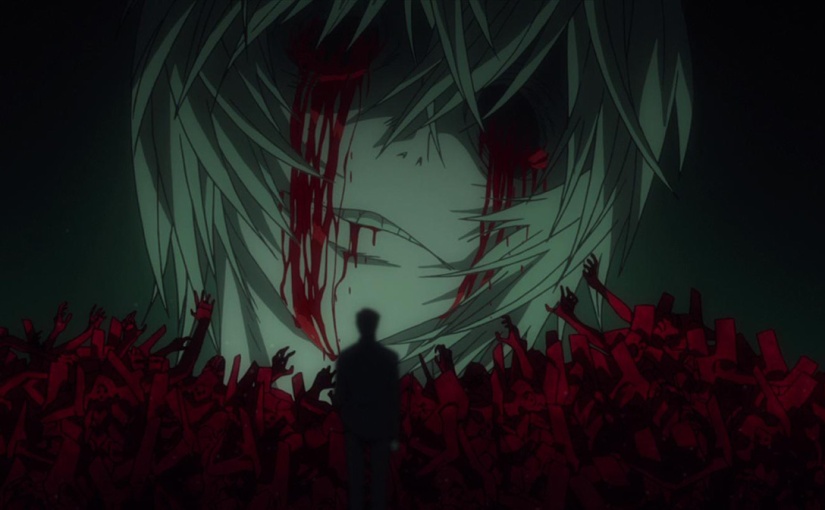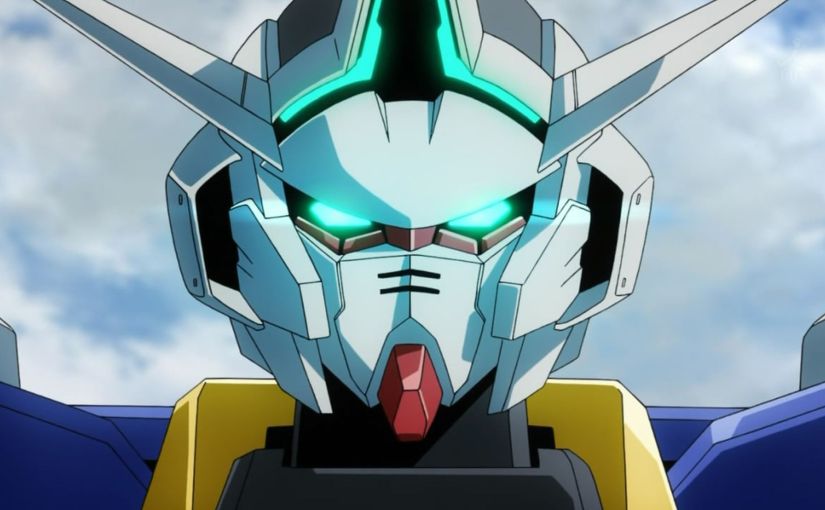There is often an underlying thought where consumption of fiction, be it in the form of watching TV, reading books, or playing video games, is thought of as something that distract us from reality or that they are an escape from reality.
Taking this further, there are also those who believe that fiction consumption can even be detrimental to a person’s wellbeing or become a crutch for them to really grow up. This idea is, perhaps best, exemplified during the end of Evangelion: 3.0 + 1.0 Thrice Upon a Time (SPOILER ALERT: SKIP THE NEXT PARAGRAPH IF YOU HAVEN’T SEEN IT) in which the protagonist Shinji decided to remake the world free of Evangelions. After which, he ended up in more or less the real world with all of the teenage pilot characters in an adult form. The message is clear: Break free from fiction and you can finally become an adult.
I always find myself disagreeing with that notion, but could not quite articulate why at least until now (somewhat). It is not just because there are works of fiction that can have real social impact or the fact that people generally emotionally displace themselves using whatever indulgence that they prefer, not just fiction, to get away from what it is that troubles them about life (food, sex, drugs, alcohol, etc.).
It’s probably because I’ve always seen consumption of fiction as a part of experiencing reality itself, rather than something that deviates from it.
Continue reading Fiction, Reality, and Escapism (Or How I Disagree with Evangelion)
